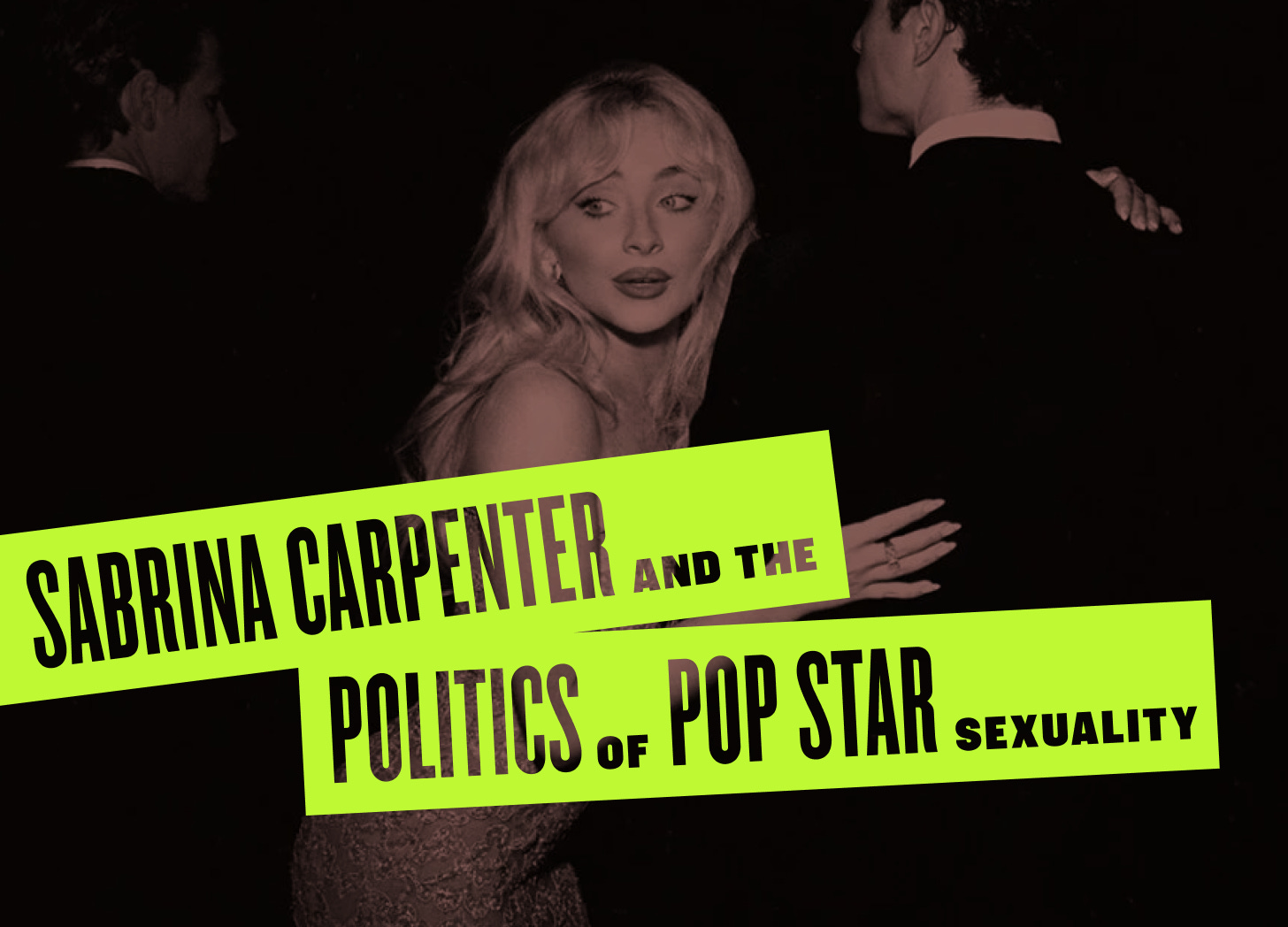When Sabrina Carpenter shared the album cover for her highly anticipated seventh studio album, Man’s Best Friend, the internet suffered an algorithmic nosebleed. An extremely high-stakes1 cultural debate unfolded: Was the photo (and correspondingly, her entire vibe) supposed to be funny? A form of edgy political satire? Or was Carpenter cashing in on our cultural history of fetishizing domestic violence/pedophilia/women’s suffrage/[insert infuriating clickbait term here]?
In response to the foaming masses, Carpenter released a second alternative album cover — this one “approved by God.”2 But the question remains: did she do something wrong to begin with?
What do pop stars owe the public, anyways — and what does our seemingly eternal frustration with them say about us?
It’s not technically true that Sabrina Carpenter “became a pop star” in 2024. She’s been rising and grinding for over a decade now, moving through the Disney Industrial Complex with seemingly tireless pluck: First she starred in Girl Meets World, then she released five studio albums (casual), then she featured as “that blonde girl” in the Olivia Rodrigo diss track heard round the world3, and then, finally, she got her big break. Well, technically two big breaks: she opened at the Eras Tour, and then she rebranded herself as a sixties, Bardot-esque character alongside the release of her sixth studio album, Short n’ Sweet.
Boom. A star is born, etc.
…but of course, the rules of stardom are clear: you cannot become a deeply famous, deeply marketable, deeply accessible Female Pop Entity without also becoming vaguely despised by feminists and evangelicals alike. Neat!
Carpenter’s first major foray into controversy happened thanks to this W Magazine photoshoot, which featured Carpenter emulating the visuals of…



















